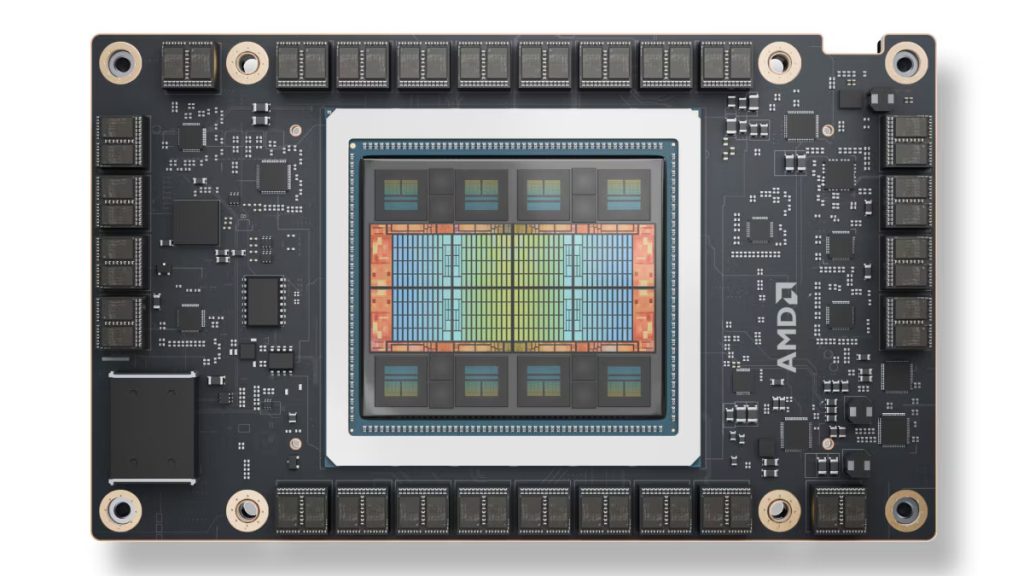NVIDIA AI Chips and Their Role in Boosting Data Center Efficiency and Performance
NVIDIA AI chips have become a cornerstone in revolutionizing data center efficiency and performance, fundamentally transforming how enterprises manage and process vast amounts of data. These specialized processors, designed explicitly for artificial intelligence workloads, outperform traditional CPUs by delivering exceptional parallel processing capabilities, which are essential for running complex AI models, machine learning algorithms, and deep learning frameworks. At the heart of this transformation lies NVIDIA’s architecture, which leverages thousands of cores capable of handling multiple operations simultaneously, thus significantly accelerating tasks that would otherwise take much longer on conventional hardware. This level of efficiency translates to reduced latency, faster inference times, and an overall boost in throughput, enabling data centers to handle higher volumes of data with greater speed and accuracy. One of the critical advantages of NVIDIA AI chips in data centers is their ability to optimize power consumption while delivering superior performance. AI computations are notoriously resource-intensive, often requiring substantial electrical power and cooling systems, which contribute to high operational costs.

NVIDIA’s latest generations of AI chips incorporate advanced energy-efficient designs, including dynamic voltage and frequency scaling, which adjust power use based on workload demands. This innovation ensures that data centers can sustain heavy AI processing loads without exponential increases in energy consumption, leading to more sustainable and cost-effective operations. Consequently, organizations benefit not only from improved computational capacity but also from a significantly lower carbon footprint, aligning with growing global priorities around environmental responsibility. Furthermore, NVIDIA AI chips support a broad ecosystem of software and hardware integrations tailored for data center environments. The company’s CUDA programming platform and TensorRT inference optimizer allow developers to finely tune AI applications to maximize hardware utilization, further enhancing performance. This seamless integration accelerates the deployment of AI workloads such as natural language processing, image recognition, and predictive analytics, which are critical for business intelligence and real-time decision-making. NVIDIA collaborates with cloud service providers, enabling scalable AI solutions that leverage their chips across distributed data center architectures.
This synergy empowers enterprises to deploy AI at scale without the need for extensive in-house infrastructure, reducing time to market for AI-driven innovations. The role of NVIDIA AI chips extends beyond raw performance improvements they also foster innovation by enabling more complex and sophisticated AI models that were previously impractical due to hardware limitations. The ability to train larger neural networks faster accelerates research and development cycles in fields ranging from autonomous vehicles to healthcare diagnostics. As a result, data centers equipped with NVIDIA AI chips become innovation hubs where cutting-edge AI applications can be developed and deployed rapidly, creating competitive advantages for businesses. Moreover, the chips’ support for mixed-precision computing balancing numerical accuracy with computational speed enables highly efficient model training and inference without sacrificing quality, further pushing the boundaries of AI capabilities in data centers. As AI continues to permeate every industry, the importance of nvidia ai chip in shaping the future of data centers and enabling real-time intelligent applications will only grow stronger, positioning them as indispensable components in the digital transformation journey.
